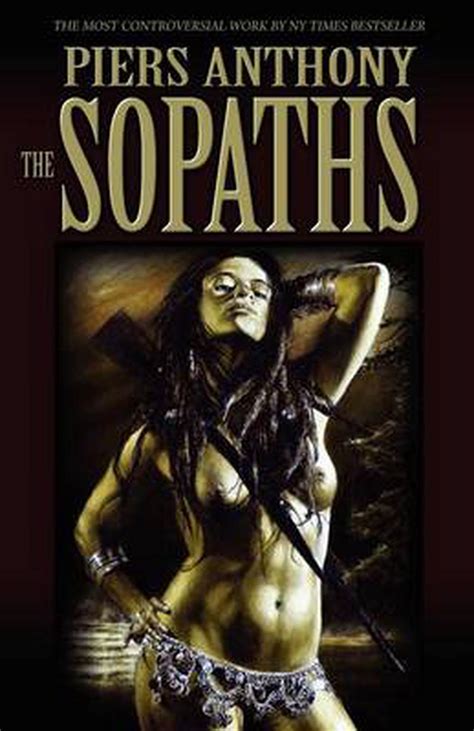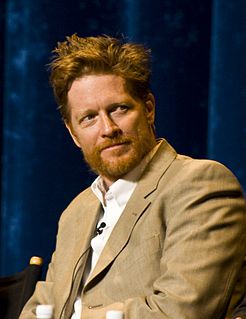A Quote by Piers Anthony
I think it's a shame that something as creative and vital to the nature of the human species as story-telling is largely controlled by the soulless cretins known as publishers.
Related Quotes
It must be stressed that there is nothing insulting about looking at people as animals. We are animals, after all. Homo sapiens is a species of primate, a biological phenomenon dominated by biological rules, like any other species. Human nature is no more than one particular kind of animal nature. Agreed, the human species is an extraordinary animal; but all other species are also extraordinary animals, each in their own way, and the scientific man-watcher can bring many fresh insights to the study of human affairs if he can retain this basic attitude of evolutionary humility.
I think that people have to have a story. When you tell a story, most people are not good storytellers because they think it's about them. You have to make your story, whatever story it is you're telling, their story. So you have to get good at telling a story so they can identify themselves in your story.
The magic happens when you take facts and figures, features and benefits, decks and PowerPoints - relatively soulless information - and embed them in the telling of a purposeful story. Your 'tell' renders an experience to your audience, making the information inside the story memorable, resonant and actionable.
It's a shame publishers send rejection slips. Writers should get something more substantial than a slip that amounts to a pile of confetti. Publishers should send something heavier. Editors should send out rejection bricks, so at the end of a lot of years, you would have something to show besides a wheelbarrow of rejection slips. Instead you could have enough bricks to build a house.
In fiction the narrator is a performance of voice, and it can be any style of voice, but I'm interested in the ways that a voice that knows it's telling a story is actually telling a different story than it intends to. In the way that I can sit here and tell you what I had for breakfast, but I'm really telling you that I'm having an affair, something like that. And I don't think my writing is plain, but I think a lot of my characters are just talking. There is vulnerability there, in that we can start to see through them, we can start to see where they're deceiving themselves.
Of the total creative effort represented in a finished work, 75 percent or more of a writer's labor goes into designing the story designing story tests the maturity and insight of the writer, his knowledge of society, nature, and the human heart. Story demands both vivid imagination and powerful analytic thought.






































